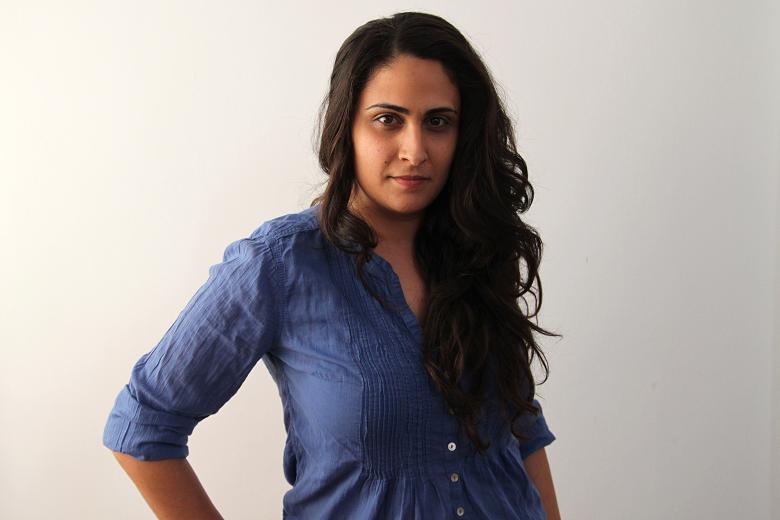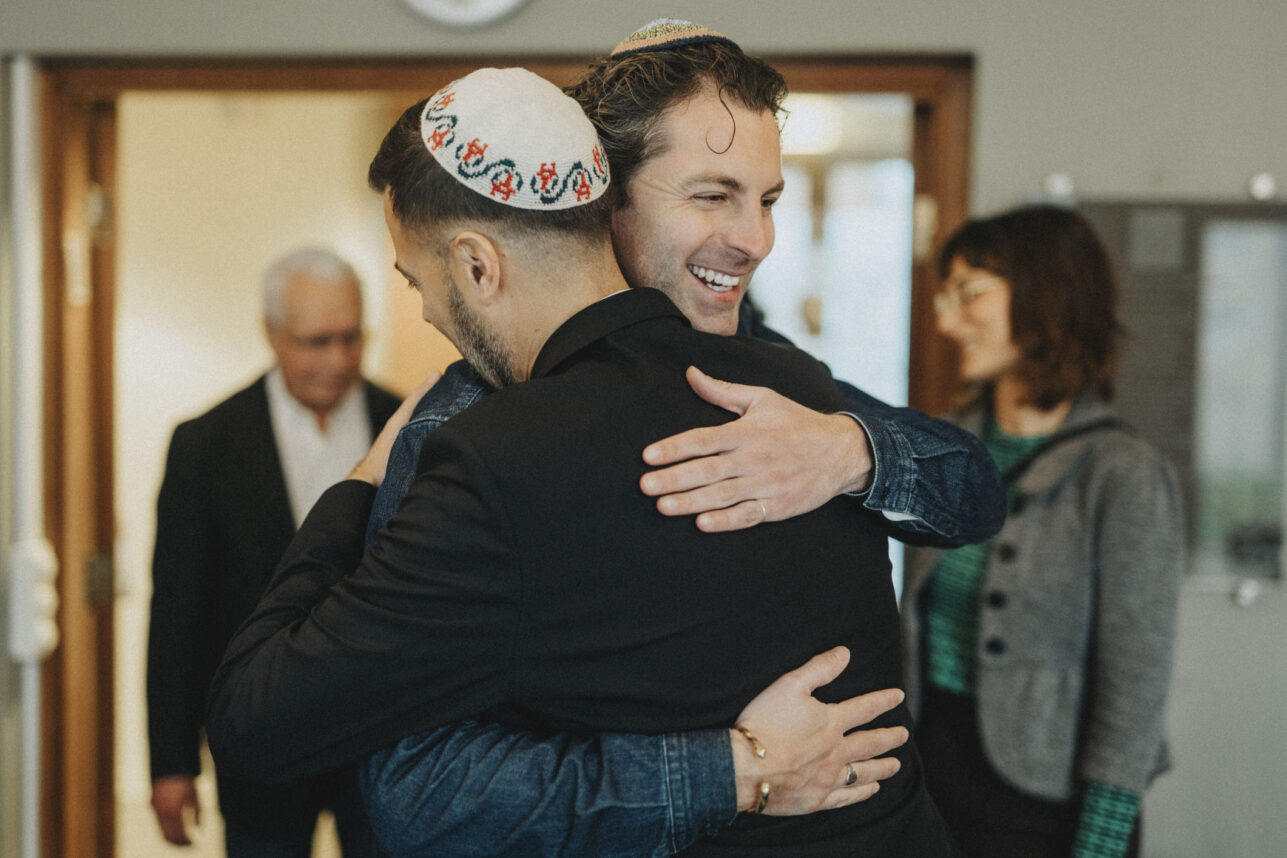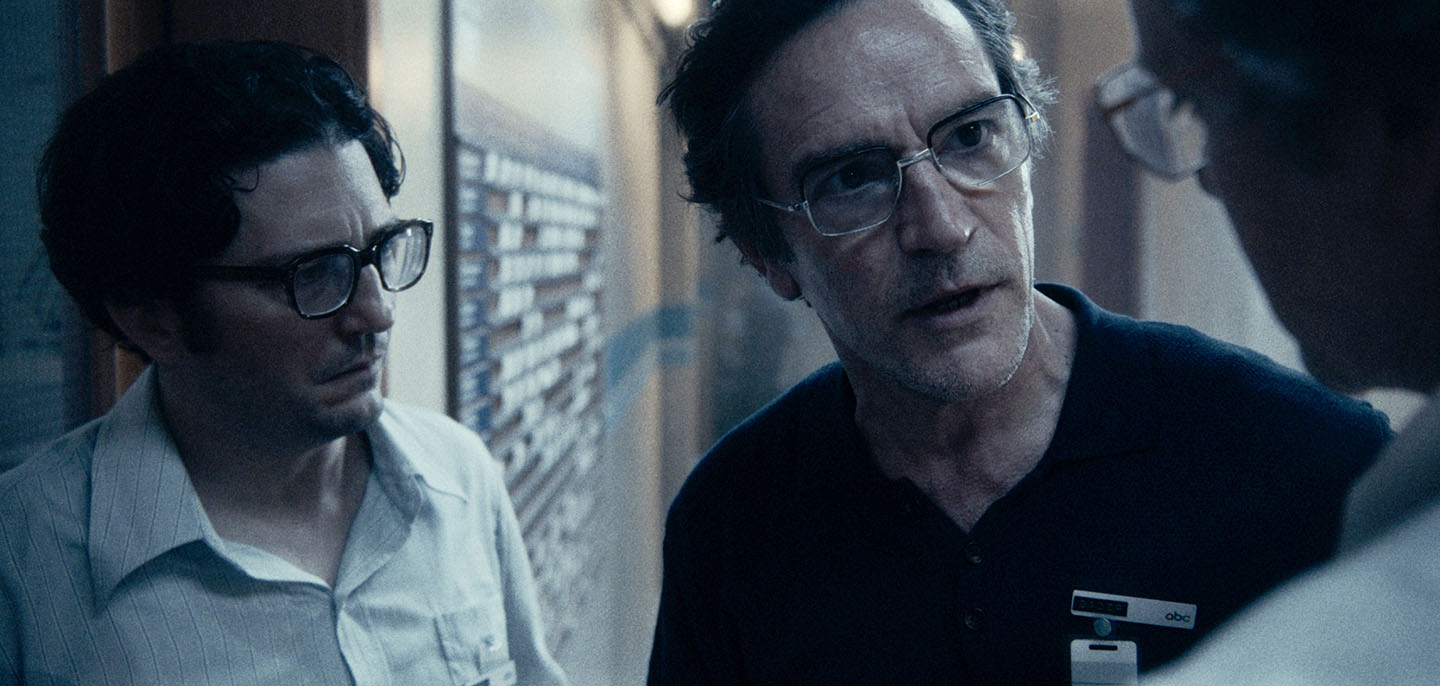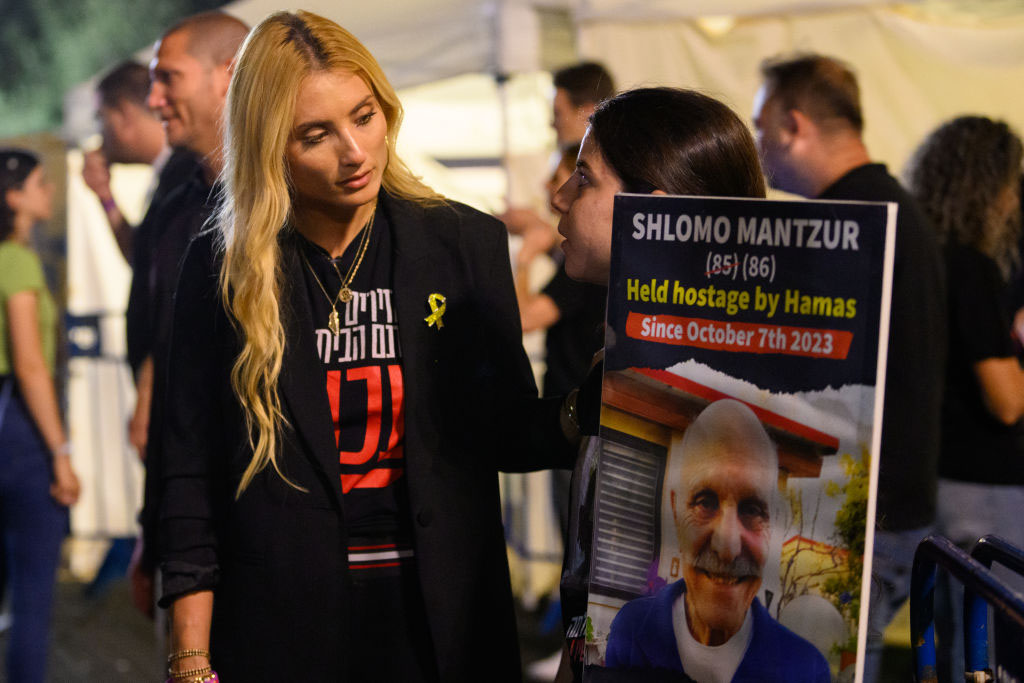
In her role as cybersecurity correspondent for The New York Times, Sheera Frenkel expects that her devices will be hacked and protects herself using her own expertise. She also knows a thing or two about how tech giants deflect their culpability when they fail to protect consumers.
Last November, Frenkel and four other reporters’ exposé, “Delay, Deny and Deflect: How Facebook’s Leaders Fought Through Crisis,” revealed Facebook’s internal maneuvers to deny and hide its involvement in controversies ranging from Russian involvement in the 2016 U.S. presidential election to data sharing that has consumers and lawmakers concerned about Facebook more than ever before.
A former Angeleno, Frenkel is based in San Francisco and spent over a decade as a correspondent in the Middle East, reporting for BuzzFeed, NPR, The Times of London and McClatchy newspapers.
Jewish Journal: You conducted six months of research and over 50 interviews for your Facebook exposé. How did the final story coalesce?
Sheera Frenkel: When you start working on a story like this, you have no idea what the final version is going to look like. We interviewed dozens and dozens of people and filled notebooks with what they told us. Once we felt like we had built a pretty solid picture of what had happened at Facebook — namely, what they knew about Russian election interference and how they handled that information — we had meetings with our editors to discuss where we needed more details and more corroboration. That process went on for months as we fine-tuned and triple-checked every detail of what we had been told.
We set out to give our readers an inside look at Facebook and, specifically, at the highest levels of Facebook. I think we succeeded.
JJ: How did Facebook respond to the story?
SF: Their response, perhaps unsurprisingly, mirrored what we had established as their pattern in our reporting. First, they delayed. Then, they denied. Finally, they deflected. Most recently, CNN reported that Facebook felt The New York Times had treated them unfairly and that we were just out to win Pulitzers, which, I can tell you, is not how this works. We set out to cover a story we think is underreported or needs telling. Facebook is an incredibly wealthy, powerful company. As such, we will continue to hold it to account.
JJ: Shortly after the October 2018 Tree of Life shooting in Pittsburgh, you wrote about the onslaught of hate, particularly against Jews, on social media. What more needs to be done to identify and halt hate speech on social media?
SF: Hate speech is one of the things that social media companies really struggle with, and often fail at, keeping off the internet. It’s hard to train an automated program, or AI, to accurately identify hate speech. So much of it is specific to cultures and language. And if a person really wants to post something hateful, they’ll use coded language or symbols. The experts I spoke to think a lot more can be done, and there are all sorts of strategies that have been suggested. But ultimately, [social media companies] need more people dedicated to looking for it, and our society might need to ask itself why hate speech is on the rise.
“We set out to cover a story we think is underreported or needs telling. Facebook is an incredibly wealthy, powerful company. As such, we will continue to hold it to account.”
JJ: What’s your No. 1 piece of advice for keeping our devices safe?
SF: Don’t use your birthdays, or your kid’s birthday, or your spouse’s birthday as a password. Please! I’m constantly shocked at how many people still do that. I would say that my top tip is to keep it simple and use basic tools that can make you safer. I tell everyone to use a password manager. It’s a program that stores all your passwords for you and can suggest when the passwords you are using are not strong enough. I also encourage people to think about what they post online. If you are going to use your birthday and your pet’s name as your password, maybe don’t tweet, Instagram, Facebook post constantly about them. Also, whatever data you give tech companies is theirs to keep. While social media can be great for catching up with friends and posting photos, I encourage people to think about what they are sharing.
JJ: You spent a decade reporting from the Middle East. How did your first assignment as a foreign correspondent in 2005 compare with your final assignment in 2015?
SF: The Middle East is always changing, and yet there is a part of it that always feels the same. During my first few years, the news was focused on the wars. U.S. troops were in Iraq and Afghanistan. Israel and Gaza went to war, Israel and Lebanon went to war, and there was endless talk of regime change across the Middle East. By the time I left, the Arab Spring had come and gone. So many of the changes people celebrated in 2011 were erased by 2015. The region was forever changed and yet, when I went back to visit Cairo and Gaza, the conversations were the same. Young men wanted more jobs. Women wanted more rights. Parents wanted a chance to send their kids to school and to watch them grow up and have better lives than their parents. Everyone wanted peace.
JJ: Do you draw the line at too much tech use at home?
SF: It’s a constant struggle. We try to make rules, like not using the phone during mealtimes or right before we go to bed. But there are days where work is crazy or news is breaking and I find myself breaking those rules. I think what is important is the sentiment. We don’t want our daughter growing up watching both her parents glued to their screens, so we make a real effort, especially in front of her, not to use our phones too much.
JJ: How do you see the future of cybersecurity, both for governments as well as nonstate actors, evolving — or perhaps devolving?
SF: A lot of cybersecurity, on a government level, is becoming privatized. It’s a huge field right now, with a lot of snake oil companies selling identical products that I think will go out of business in the coming years. State actors are also getting more sophisticated, and I think we are going to see, on a global level, more of an effort to come up with norms and behavior around the rules of cyberwarfare.
Tabby Refael is a Los Angeles-based writer, speaker and co-founder and former executive director of 30 Years After.






















 More news and opinions than at a Shabbat dinner, right in your inbox.
More news and opinions than at a Shabbat dinner, right in your inbox.